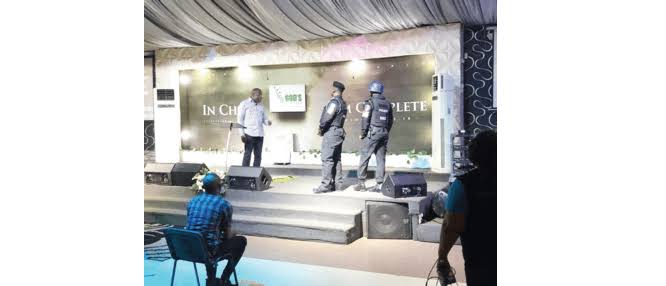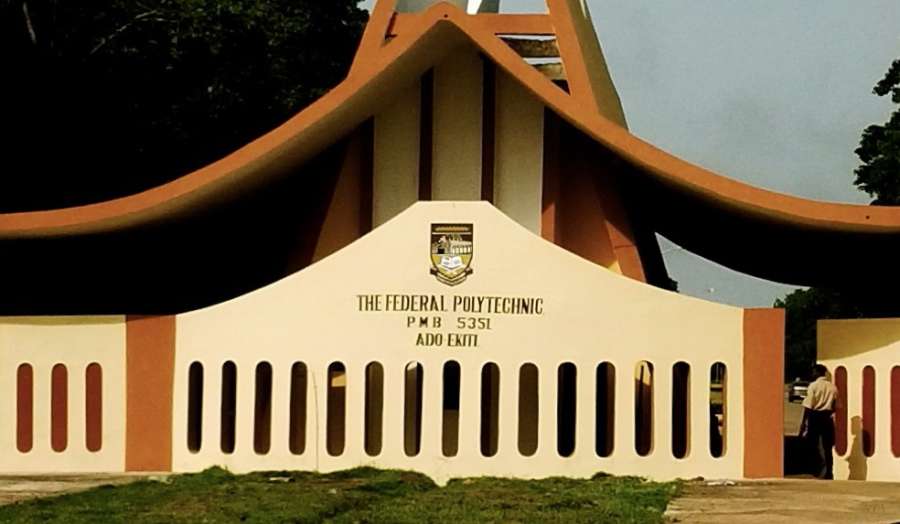Some members of the Victorious Army International Church, Ikeja, on Sunday, reportedly attacked some police officers who tried to make them comply with the Lagos State Government’s ban on gatherings of more than 50 persons.
The government had imposed the ban as a means to curtail the spread of coronavirus.
According to RRS in a statement on Sunday, members of the church located on Acme Road in the Ogba area of the state also assaulted a TVC reporter, Ivy Kanu, and her cameraman.
Officers of the Rapid Response Squad, who were recording the church’s activities, also had two mobile phones, a Samsung S8+ and a Samsung J4, seized by the worshippers.
The statement read in part, “The Commander, Lagos State Rapid Response Squad, DCP Olatunji Disu, this morning (Sunday) forced the management of the Victorious Army International Church to comply with the Lagos State Government’s directive limiting gatherings to 50 persons to prevent the spread of coronavirus in the state.
READ ALSO: Coronavirus: Lagos Police Command Begins Enforcement Of Ban On Social Gatherings
“The team got to the Acme Road branch of the church around 9a.m only to be locked out by the church, while officials of the church were seen running around to inform other members of the presence of the police.
“When the entrance gate to the church was opened, some belligerent church members, who saw one of the enforcement officers recording the church activities, attacked the officers and seized two mobile phones, a Samsung S8+ and a Samsung J4.
“The members equally attacked a TVC reporter, Ivy Kanu, and almost seized her phone. The TVC cameraman was equally attacked as they tried unsuccessfully to prevent him from recording around the church premises.
“Disu, in de-escalating the crisis, prevailed on the management of the church to discontinue the service and prune down the attendance in compliance with the state governor, Mr. Babajide Sanwo-Olu’s directive.”
According to the RRS, there was total compliance in all the other places of worship visited as some churches had their services online, while others had banners on their entrances informing worshippers to go back home.












